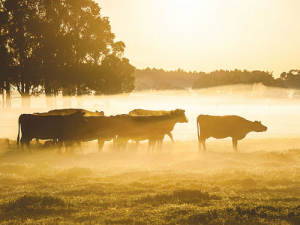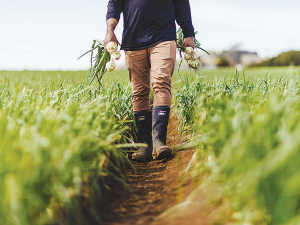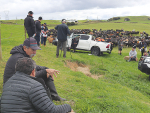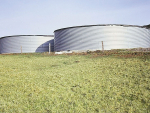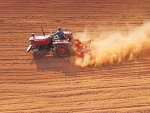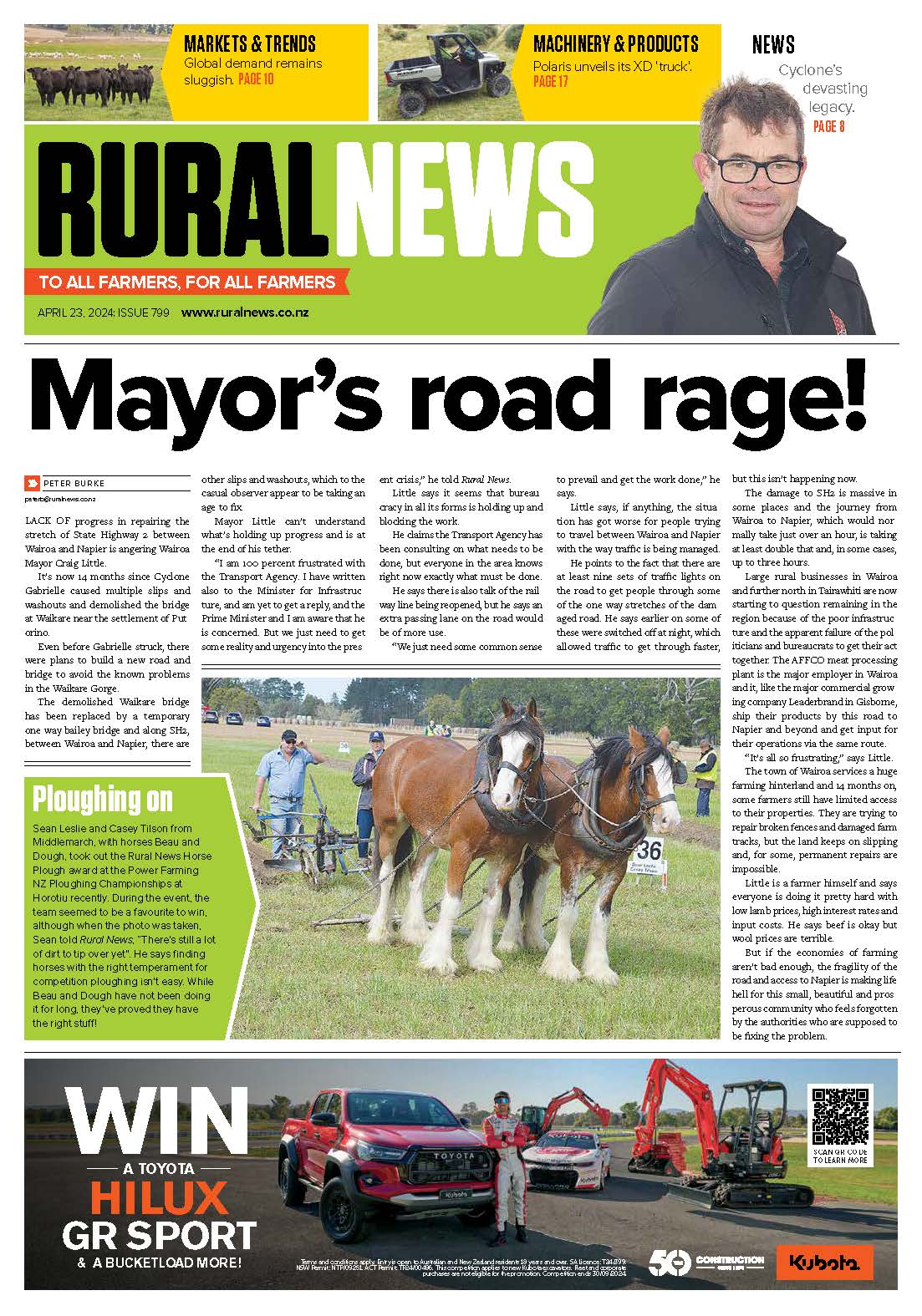Response incident controller Dr Eve Pleydell says most tests have come back negative; positive results have been found only on the six properties known to be infected.
The tests are done at MPI’s animal health laboratory at Wallaceville.
Farm testing may be done up to three times at three-four week intervals before there is a definite result for each farm but the results so far are encouraging, says Pleydell.
“All the current infected properties have direct links to each other through animals moving from one farm to another and disease passing between animals that are in close, repeated and prolonged contact.
“There have been no cases of infection by any other means. Despite intensive testing, no neighbouring properties have as yet been identified as infected.
“As part of our tracing and testing programme we are continuing to contact individual farms where there may be a higher chance of the disease being present because they have received cattle from an infected property in recent months.
“We are also testing animals on farms that are neighbours to an infected property, to make sure we get a complete picture of any local spread of this disease. So far, no positive results have been returned from any neighbouring farms, which is good news.”
MPI has a wide range of checks and testing underway to get a detailed picture of where the disease is. Infected properties, neighbours and trace properties are checked, and the ministry does regional and national testing.
MPI is taking a multi-layer approach to testing to find out how wide spread Mycoplasma bovis is.
“This approach has three layers that we call response surveillance, district surveillance and national surveillance.
“Response surveillance is focussed on the infected properties, stock movement traces from and to those properties and the neighbouring properties.”
District wide, a Waimate/Waitaki survey is run by MPI and several industry groups to screen the milk from animals in those districts. Bulk and discarded milk is being collected from about 260 farms in the area and tested. No positive results have been found on uninfected farms in the area.
Nationwide testing is also multi-layered. Firstly, any farmer who has contacted their vet about possible Mycoplasma bovis disease in their herds are tested.
Unwanted arrival
Mycoplasma bovis is a bacterium that causes illness in cattle, including udder infection (mastitis), abortion, pneumonia and arthritis.
It does not infect humans and presents no food safety risk. There is no concern about consuming milk and milk products from affected cattle.
The disease was confirmed in July 2017 on two farms in a 16 farm dairy enterprise in South Canterbury. In August 2017 a third infected farm was confirmed in the Oamaru area. All three affected properties and the remaining 14 corporate farms in the group are under legal controls (restricted place notice) restricting the movement of stock and equipment off those farms to contain the disease.
Mycoplasma bovis is common internationally and is present in most countries with animal production industries. It is not listed with the OIE (world animal health organisation). It does not present a trade risk for NZ animal products.
This is the first time it has been found in NZ. The bacterium is an unwanted organism under the Biosecurity Act 1993.





